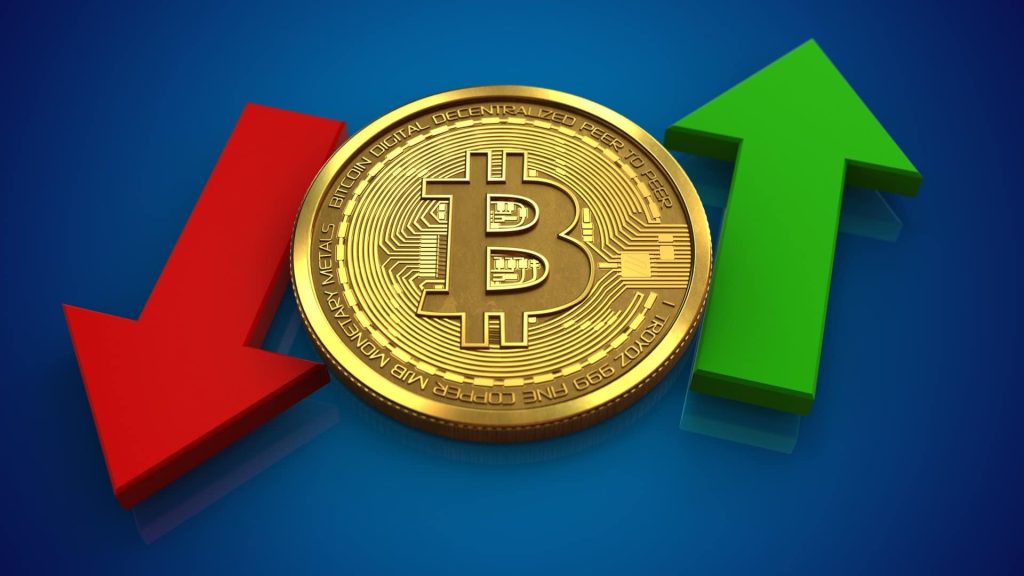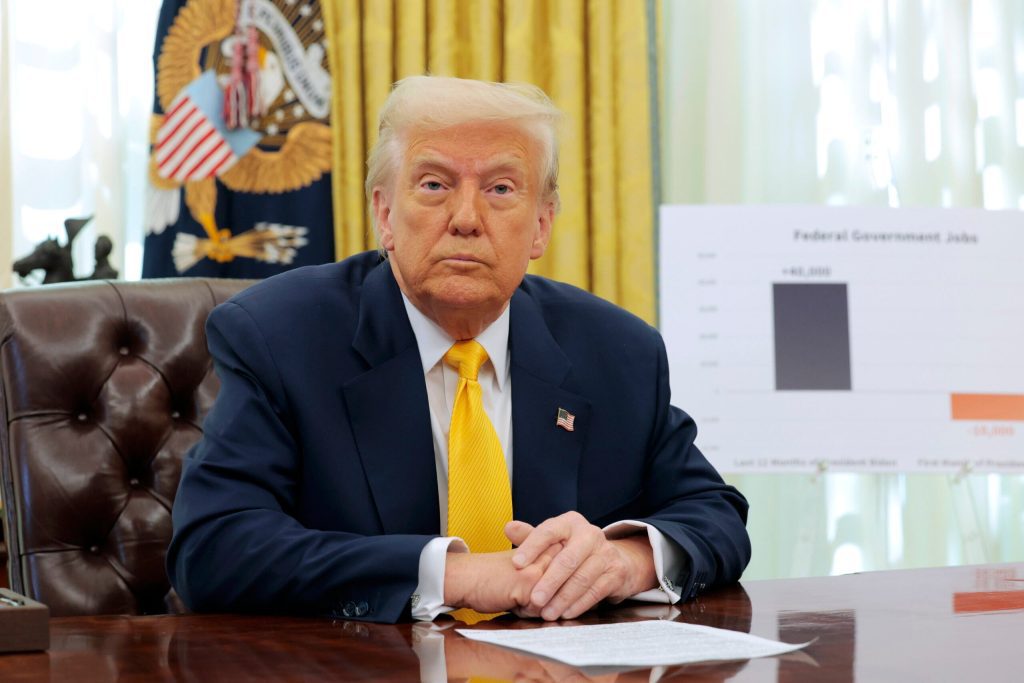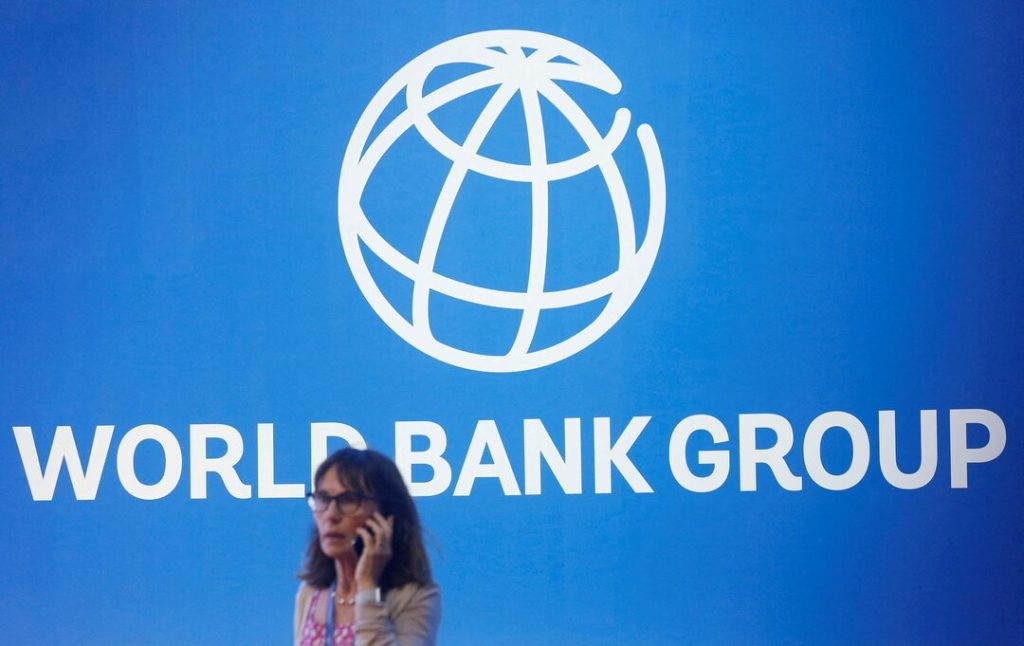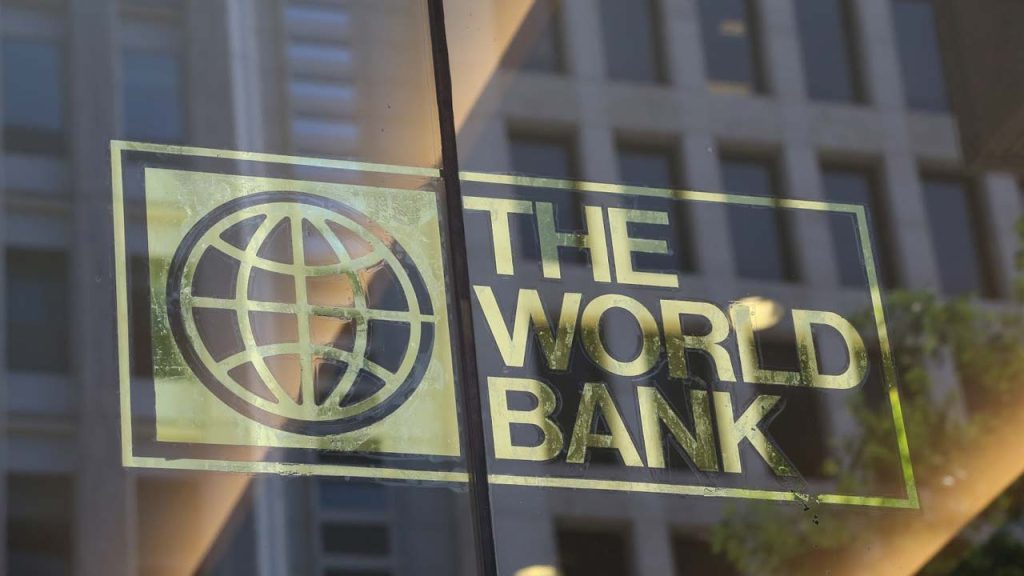Subscribers of DStv Compact will soon have to pay more for their entertainment as MultiChoice Nigeria has announced a 21% price increase for the package, raising the subscription cost from N15,700 to N19,000, effective March 1, 2025.
This adjustment follows a similar price hike in May 2024, which the company had attributed to inflation and rising operational costs in Nigeria. However, the latest increase has once again triggered widespread criticism from customers, many of whom took to social media to express their frustration.
MultiChoice Justifies Price Hike, Leaves Other Packages Unchanged
In a notice sent to subscribers on Monday, MultiChoice described the price adjustment as part of an ongoing review of its pricing structure. While DStv Compact will see an increase, the company confirmed that the Compact Plus and Premium bouquets will remain at N30,000 and N44,500, respectively.
The notice, titled “Price Adjustments for DStv and GOtv Packages,” read in part:
“Dear Customer, please note that effective March 1, 2025, there will be a price adjustment on all DStv packages. This is to enable us to continue offering our customers world-class homegrown and international content, delivered through the best technology.”
Despite MultiChoice’s justification, the announcement has not gone down well with customers, many of whom believe the increase is unjustified, citing poor service quality, content repetition, and frequent service interruptions.
Subscribers Express Outrage Over Poor Value for Money
Many DStv subscribers have long complained about the lack of improvement in service quality despite repeated price hikes. This latest adjustment has further fueled those concerns.
A subscriber, Okechukwu, criticized the platform’s repetitive programming and constant interruptions:
“Apart from repeating movies—sometimes on two channels at the same time—there’s a constant interruption to check if you’re subscribed or authorized to watch a channel, even when you have the Supa+ package.”
Similarly, another user, Kevin Okeke, suggested that more subscribers might switch to alternative streaming services, particularly those who are not tied to DStv’s football coverage:
“More people will switch to better options, especially those who don’t care about football matches.”
Monopoly Concerns and Calls for Boycott
One of the biggest complaints from subscribers is MultiChoice’s dominance in Nigeria’s pay-TV market, which they believe has allowed the company to increase prices unchecked. Some customers argue that a lack of strong competition has given MultiChoice the power to make unilateral decisions without fear of losing customers.
A frustrated user wrote:
“It’s always easy for them to increase prices because there’s no real competition. That’s what a monopoly does to consumers.”
Another subscriber, Ramsey, urged fellow Nigerians to boycott DStv services in protest:
“The last increment was less than a year ago, and now another one? It’s time to boycott this company.”
Rising Cost of Living in Nigeria Adds to the Frustration
The outcry over DStv’s price increase also reflects larger frustrations over the rising cost of living in Nigeria, where many citizens are already struggling with high electricity bills, inflation, and economic instability.
A subscriber, Oburu Chinedu, summed up the frustration by comparing Nigeria’s high utility costs to those of wealthier countries:
“The way we pay tariffs in this country, you’d think we were in London or Dubai! Even electricity is outrageously expensive. How did we get here?”
Growing Shift Toward Streaming Alternatives
With streaming services like Netflix, Amazon Prime Video, and YouTube becoming more accessible, many Nigerian consumers are rethinking the necessity of traditional pay-TV subscriptions. The rising cost of DStv, coupled with the flexibility and affordability of digital streaming, could push more users toward cutting the cord entirely.
As the March 1 deadline approaches, it remains to be seen whether MultiChoice will address these customer concerns, or whether it will face a significant decline in its subscriber base.













